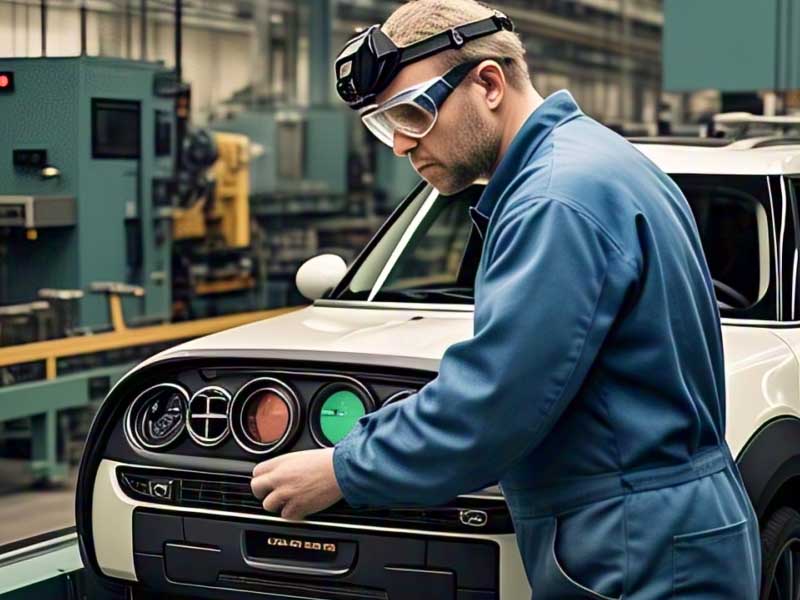
Arcadiadaily – Electric Mini Delayed, this is the latest announcement from BMW as the automaker confirms it is postponing the reintroduction of electric vehicle (EV) production at its Oxford Mini plant. The decision comes as the company cites “multiple uncertainties facing the automotive industry” as the primary reason for halting work on a £600 million upgrade of its Cowley facility. BMW has also decided not to accept a related £60 million grant from the UK government, though it remains in “close dialogue” regarding future plans.
The delay has sparked concerns within the UK automotive sector. Which has been embroiled in a long-running debate with the government over electric vehicle production targets. Car manufacturers argue that the current expectations for EV sales are overly ambitious, creating challenges for meeting regulatory requirements. This decision by BMW highlights the growing tension between industry capabilities and government mandates. Raising questions about the feasibility of the UK’s transition to electric mobility.
“Boosting Diesel Efficiency: Why It Matters”
The Electric Mini Delayed announcement is a significant setback for the UK’s ambitions to become a global leader in electric vehicle production. BMW’s Oxford plant, which has been at the heart of Mini production for decades. Was expected to play a pivotal role in this transition. The plant currently manufactures and exports a range of Mini models. But the delay in electric production casts doubt on the timeline for achieving the UK’s zero-emission goals.
Earlier this year, the government conducted a fast-track consultation on changes to its zero-emission vehicle (ZEV) mandate. Which requires automakers to sell a certain percentage of electric vehicles annually. However, industry leaders, including BMW, have expressed concerns about the feasibility of these targets. Last November, Stellantis cited the ZEV mandate as a contributing factor in its decision to close its van factory in Luton. Further underscoring the challenges faced by the sector.
Despite the Electric Mini Delayed announcement. BMW has emphasized that much of its investment in the Oxford plant is still progressing. Construction is “well under way” to make the facility future-ready, including the development of a state-of-the-art logistics center. The company remains committed to its long-term vision of producing electric vehicles. But is reevaluating the timeline for reintroducing battery-electric Mini production in Oxford.
The UK government has acknowledged the challenges faced by car manufacturers and is consulting on reinstating the 2030 electric vehicle deadline while protecting jobs. The Department for Transport (DfT) has stated that it is investing over £2.3 billion to support the industry and consumers in transitioning to electric vehicles. However, BMW’s decision to delay the Electric Mini underscores the need for a balanced approach that addresses both environmental goals and industry realities.
As the automotive industry navigates this period of uncertainty. The delay in electric Mini production serves as a reminder of the complexities involved in achieving a sustainable future. For now, BMW’s pause signals a cautious approach, but the broader conversation about the UK’s electric vehicle ambitions continues.
“Mentorship Reimagined, From Traditional to Digital”